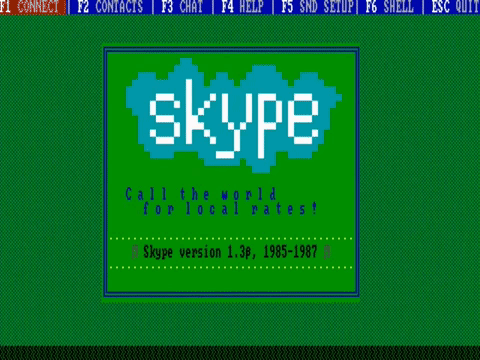
What is a Job Offer Scam? ⚠️
A job offer scam occurs when a fraudulent entity poses as an employer or recruiter to deceive individuals seeking employment. These scams can lead to financial loss, identity theft, and emotional distress. 🚨🚨
Most Common Job Offer Scams 👾
1. Fake Job Listings
- Scammers post fake job openings on legitimate job boards or social media platforms.
- The jobs often seem too good to be true, offering high pay for minimal work.
2. Phishing Scams
- Scammers send emails or messages pretending to be from a reputable company.
- These messages may contain links or attachments that, once clicked, steal personal information.
3. Upfront Payment Scams
- Scammers ask for money upfront for background checks, training materials, or equipment.
- Legitimate employers do not ask for money from potential employees.
4. Work-from-Home Scams
- Scammers offer high-paying remote jobs that require little to no experience.
- Often, they ask for personal information or upfront fees.


Characteristics of Job Scams
Interviews via an online messaging service 💼
In this type of scam, the scammer notifies you that you've been selected as one of the finalists for a position, usually one to which you never applied. When it comes time to arrange an interview, they may reveal that it's an online interview through a specific messaging service, which asks you to input personal information to complete the setup. The scammer can then access the information you've provided.
Equipment purchases 🖥️
Some fraudulent employers claim to offer a candidate a remote job and then ask the candidate to submit payment for their remote work equipment, like a computer and monitor. Typically, the scammer claims the payment is mandatory before they can officially onboard you, and they promise to reimburse you on your paycheck. Once they receive payment, they keep the money and cease all contact. Some employers require employees to use their own equipment, but it's highly uncommon for a legitimate employer to ask you to submit payment directly to them for it.
Imposters 🎭
An imposter is someone purporting to be someone else. In the context of job scams, they usually pose as an affiliate of an agency, government institution or hiring firm. Imposters often ask candidates for a screening fee in the form of gift cards or a wire transfer.
Fake job listings ❌
Fake job listings come in various forms. Though job sites have measures in place to verify legitimate employers, scammers sometimes manage to get their listings posted. Other fake listings appear on social media profiles created expressly to deceive job seekers. The listings normally ask candidates to pay a fee to complete their application or to get started in the role.



Signs of a Job Offer Scam 🚸
Random email
- If you received an email from someone telling you applied for a position you don’t remember applying.
- One of the contacts is from a “no reply” email address.
- All contact is through email (no phone calls or emails).
Too Good to Be True
- Extremely high salary for minimal work.
- Promises of quick and easy money.
- Receiving a job offer without doing any technical interviews or assessments
Unprofessional Communication
- Poor grammar and spelling in emails or messages.
- Use of generic email addresses (e.g., Gmail, Yahoo) instead of corporate emails.
Unclear Job Descriptions
- Vague job duties and responsibilities.
- No mention of required skills or experience.
Pressure to Act Quickly
- Urgent requests to accept the job or provide personal information.
- Threats that the offer will be withdrawn if not accepted immediately.
Requests for Personal Information or Payments
- Asking for Social Security numbers, bank account details, or other sensitive information early in the process.
- Requests for upfront payments for any reason.
Interview Red Flags
- Legitimate employers typically require an interview (online or in-person).
- Job offers made without any face-to-face or video interaction should be viewed with skepticism.
How to prevent falling into the scam 🛑
- Keep track of your application
- If you keep a particular track of your job applications, then you will be able to verify if you have applied for that position or not
- Research the Company
- Check the company’s official website and contact them using verified contact details.
- Look for reviews or reports of scams associated with the company (Google, LinkedIn, Glassdoor)
- Look for reviews about the company and its selection process on Glassdoor.
- Verify the Recruiter
- Avoid shady Job boards
What to Do If You Suspect a Job Offer Scam 👀
Additional Resources 📚
- **Federal Trade Commission - Job Scams:** The FTC is a government agency that tracks and reports on job scams. Their website provides detailed information on various job scam types, red flags to watch out for, and steps to take if you suspect a scam.
- **Better Business Bureau - Employment Scams:** The BBB offers resources to help consumers avoid job scams. Their website includes scam alerts, tips for spotting a scam, and information on how to report scams.
- **U.S. Department of Labor (DOL):** The DOL provides information on worker rights and protections. Their website includes a section on job scams, with information on how to identify and report scams.






